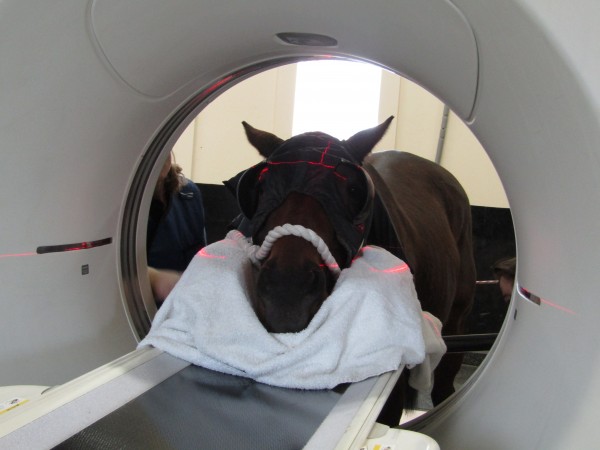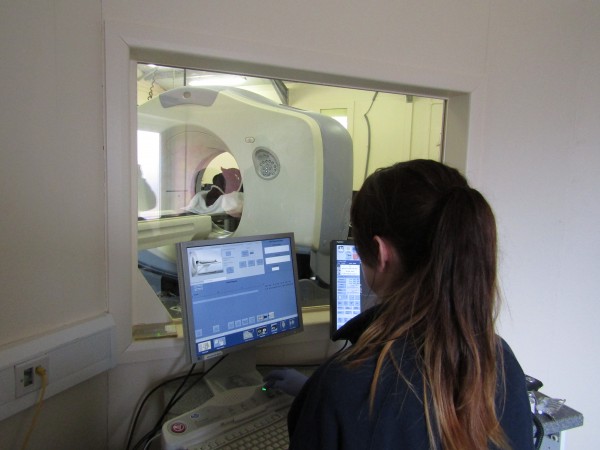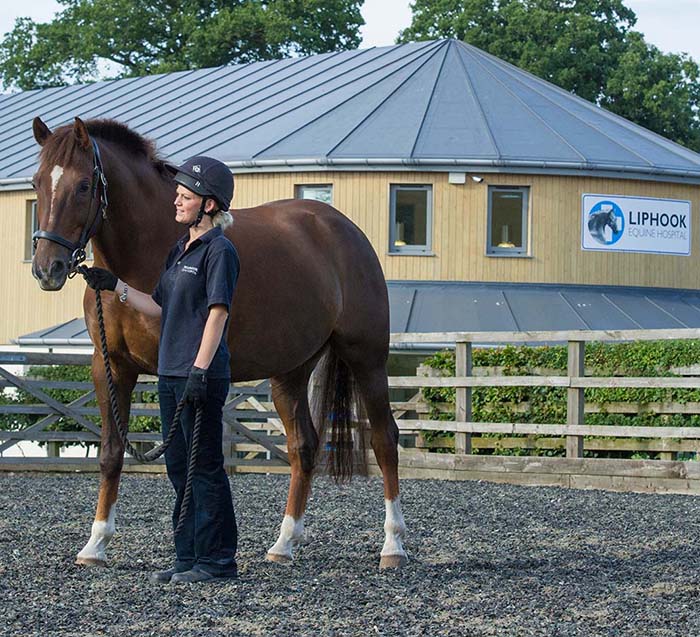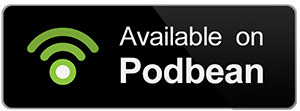The Liphook Equine Hospital has installed the first wide bore CT scanner available for horses in the UK. The design of our CT suite is unique and purpose built in order to accommodate all shapes and sizes of patients. Our CT scanner has been specifically designed so that we can scan the head and neck of horses under standing sedation, and the limbs of horses under general anaesthesia. The extra-large bore CT scanner means that we will be able to scan more of the horse than ever before. The CT scanner has an inner diameter of 80cm wide which means that whole body scans will be possible in smaller patients. The CT suite has an innovative platform which is unique to Liphook and can be used to lift and lower the standing patient into position as well as doubling as a bed for the anaesthetised horse.
What is CT?
CT stands for computed tomography and is an imaging technique that uses computerised x-rays. A moving gantry scans 360 degrees around the patient which produces thousands of images. These images can then be reconstructed and viewed in many different ways. This imaging modality is very useful when imaging anatomically complex regions such as the head and will help to identify dental disease, sinusitis and neck abnormalities as well as much more.
Our CT, in addition to our MRI, will allow us to offer the most advanced imaging modalities to our patients. We look forward to the progress this will allow us, in diagnosing and treating disease in our patients.
What does it involve?
The CT suite is a temperature controlled room in a quiet corner of the hospital. The scan time is very short (around 30 seconds). During the scan the horse is required to keep absolutely still. When horses are having scans under sedation, the horse will be sedated and positioned with their head resting in the CT scanner. Positioning for the scan can be a timely procedure and requires lots of patience. During the scan the area of interest is moved slowly through the scanner on our air table. Once the scan is completed your horse will head back to the stable while their sedation wears off.
For more information, please contact our hospital reception team on 01428 727200






